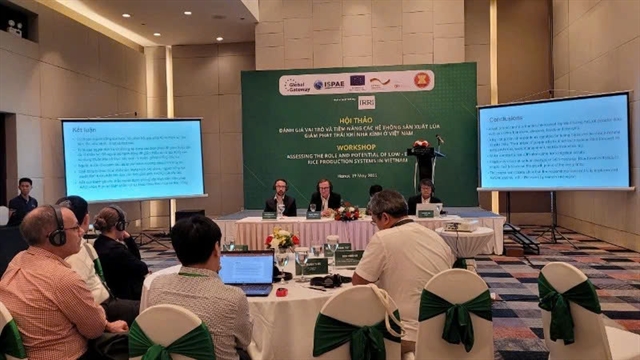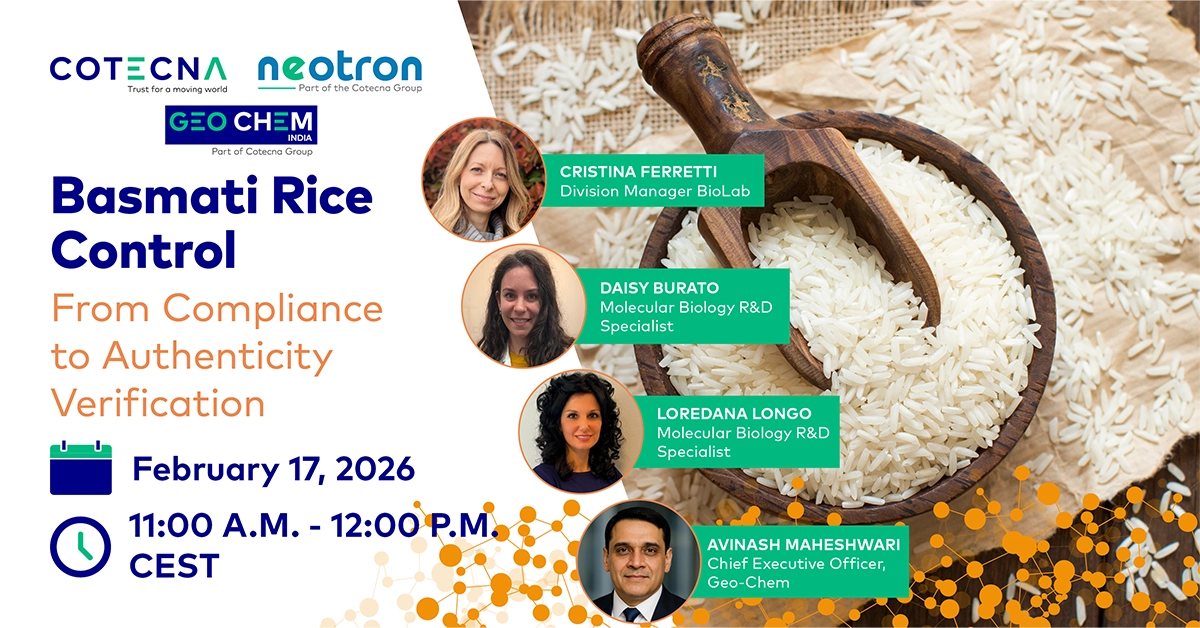Tags
VN enhances international co-operation in low-emission rice production
According to a World Bank report, rice cultivation accounts for 48 per cent of total greenhouse gas emissions and more than 75 per cent of methane (CH₄) emissions in the agricultural sector.

HÀ NỘI – Việt Nam is accelerating efforts to reduce greenhouse gas emissions in rice production, said Dr Trần Công Thắng, Director of the Institute of Strategy, Agricultural Policy and Environment (ISPAE).
According to Dr Thắng, several key programmes and projects have been successfully implemented, including the VnSAT project, which has applied low-emission farming techniques to approximately 180,000 hectares of rice, and the project to cultivate one million hectares of high-quality rice aligned with green growth. These are considered strategic initiatives and represent the largest-scale efforts ever undertaken in the rice sector.
On Monday, an international workshop titled Assessing the Role and Potential of Low-Emission Rice Production Systems in Việt Nam was held in Hà Nội to mark the official launch of the project Enhancing Coordinated Implementation of Việt Nam’s Nationally Determined Contribution (NDC) in Rice Production Systems.
The project is being implemented by the International Rice Research Institute (IRRI), with financial support from the German International Cooperation Organisation (GIZ), in collaboration with IÍPAE.
Taking place as Việt Nam intensifies its efforts to meet its updated NDC targets, the workshop highlighted the importance of low-emission rice production in achieving national climate change objectives.
In particular, the event underscored Việt Nam’s pioneering role — as one of the world’s leading rice exporters — in promoting green rice production models, particularly through the initiative Sustainable Development of One Million Hectares of High-Quality and Low-Emission Rice Cultivation Linked to Green Growth in the Mekong Delta by 2030.
Innovation is seen as a vital pathway to addressing current challenges, especially given the critical role rice production plays in Việt Nam’s agriculture and in ensuring global food security, Dr Thắng added.
Last year, Việt Nam’s rice exports reached approximately nine million tonnes, generating a turnover of US$5.66 billion. This figure underscores the vital role of rice production within the agricultural value chain. However, the sector is facing significant environmental challenges, particularly concerning greenhouse gas emissions, Dr Trần Công Thắng said.
According to a World Bank report, rice cultivation accounts for 48 per cent of total greenhouse gas emissions and over 75 per cent of methane (CH₄) emissions within the agricultural sector. As such, developing rice production along sustainable, low-emission lines is becoming an urgent priority for Việt Nam in order to meet its international climate commitments, he added.
Dr Jongsoo Shin, Regional Director for Asia at the International Rice Research Institute (IRRI), stated: “Climate change is severely impacting global food security. Việt Nam has tremendous potential to lead the green transformation of the rice industry.
“This new project will help identify effective policy and institutional mechanisms, delivering dual benefits in terms of reducing carbon emissions and adapting to climate change, while also improving farmers’ livelihoods. The solutions discussed at today’s workshop not only help reduce emissions but also enhance economic efficiency for farmers,” he said.
The outcomes of the workshop will serve as a crucial foundation for future policy planning and strategic development of sustainable rice production systems. Following the event, the three co-organising partners plan to deepen research into cultivation methods suited to Việt Nam’s various agro-ecological zones, while also expanding partnerships to apply research findings in practice.
The workshop forms part of the broader cooperation framework between international organisations and Việt Nam to promote sustainable agriculture, ensure food security, adapt to climate change, and reduce greenhouse gas emissions — all in support of the country’s updated NDC targets. — VNS
https://vietnamnews.vn/society/1717957/vn-enhances-international-co-operation-in-low-emission-rice-production.htmlPublished Date: May 19, 2025







